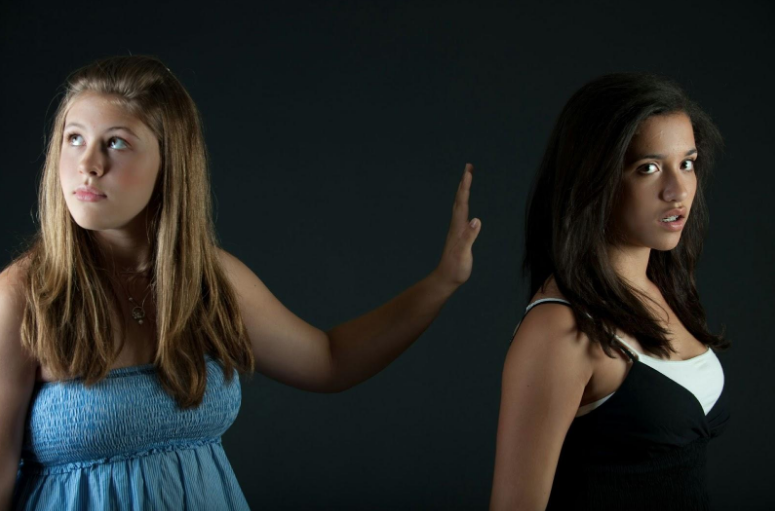Scrolling through social media often feels like peering through windows into lives that seem perpetually perfect. Everyone appears to be living their best life—traveling to exotic destinations, celebrating career milestones, enjoying romantic dinners, or showing off their latest purchases. Meanwhile, you’re sitting in your pajamas, eating cereal for dinner, wondering why your life feels so mundane in comparison. This phenomenon, known as social comparison theory, has found new life in the digital age, creating what researchers call “compare and despair” syndrome that affects millions of users worldwide.
The Highlight Reel vs. Reality Problem
Social media platforms are designed to showcase highlight reels, not behind-the-scenes reality. When we compare our internal struggles with others’ external presentations, we’re essentially comparing our rough draft to their final edit. This creates a distorted perception of reality where everyone else seems happier, more successful, and more fulfilled than we are.
The Mental Health Impact
The psychological impact of constant comparison is profound and measurable. Studies have consistently linked heavy social media use with increased rates of depression, anxiety, and low self-esteem, particularly among young adults. The brain’s reward system responds to social media likes and comments similarly to addictive substances, creating a cycle where we seek validation through comparison with others.
Warning Signs You’re Caught in the Trap
Key signs you’re caught in the comparison trap include:
- Feeling inadequate after browsing social feeds
- Obsessively checking how many likes or comments your posts receive
- Experiencing FOMO (fear of missing out) when seeing others’ activities
- Making purchasing decisions based on what others post
- Feeling envious of acquaintances’ seemingly perfect relationships or careers
- Constantly measuring your achievements against others’ public successes
- Even choosing online entertainment—like games on platforms such as JILI—based on what influencers or friends are playing, rather than what you truly enjoy
The Illusion of Perfection
The curated nature of social media content makes authentic comparison impossible. People rarely post about their struggles, failures, or ordinary moments. That friend who seems to travel constantly might be drowning in debt, and the couple posting romantic photos might be working through serious relationship issues offline.
Practical Strategies for Breaking Free
Breaking free from this trap requires intentional strategies. Limiting social media consumption, especially during vulnerable moments, can significantly improve mental well-being. Unfollowing accounts that consistently trigger negative feelings is another powerful step. Instead of passive scrolling, engage meaningfully with content that inspires rather than intimidates.
Cultivating Inner Focus
Practicing gratitude for your own experiences, regardless of how they compare to others, helps shift focus from what’s missing to what’s present. Remember that social media shows snapshots, not full stories, and everyone faces challenges that don’t make it into their posts.
Wrapping Up
Social media comparison is a modern challenge with ancient roots in human psychology. By recognizing that online presentations rarely reflect complete realities and focusing on our own growth rather than others’ highlight reels, we can use these platforms more mindfully. The goal isn’t to avoid social media entirely but to engage with it in ways that enhance rather than diminish our sense of self-worth.

